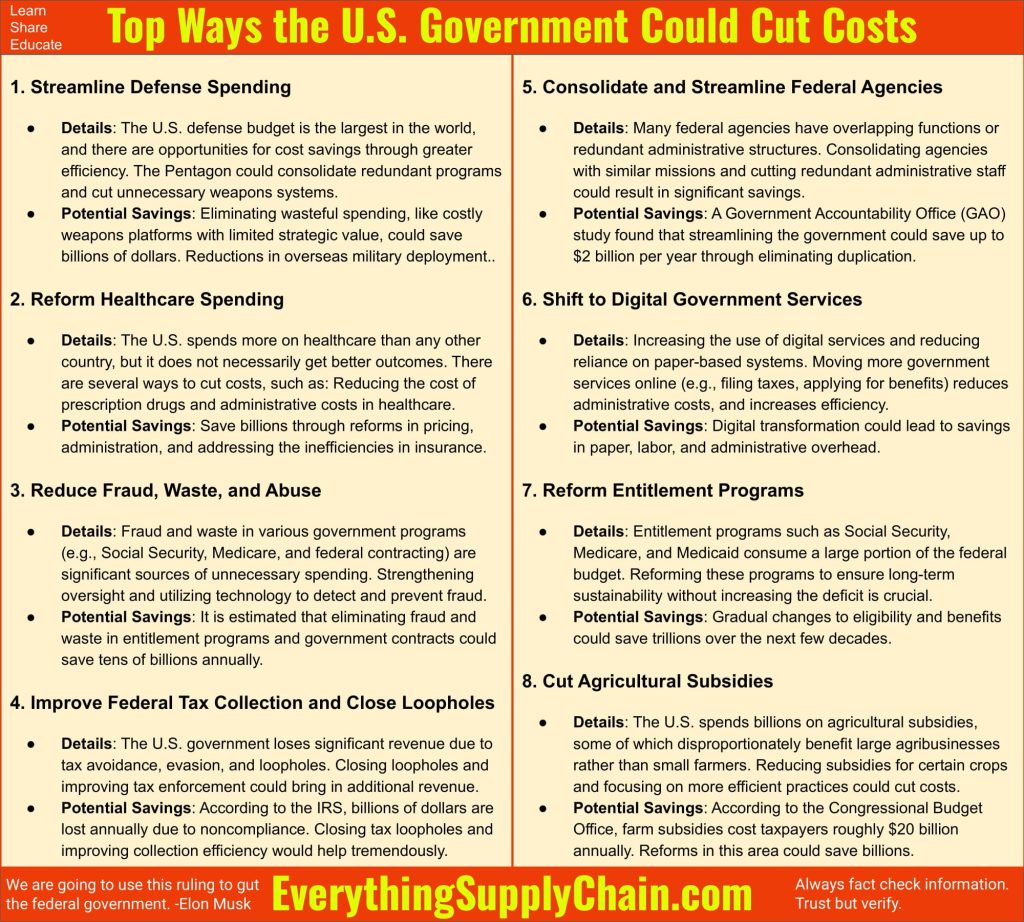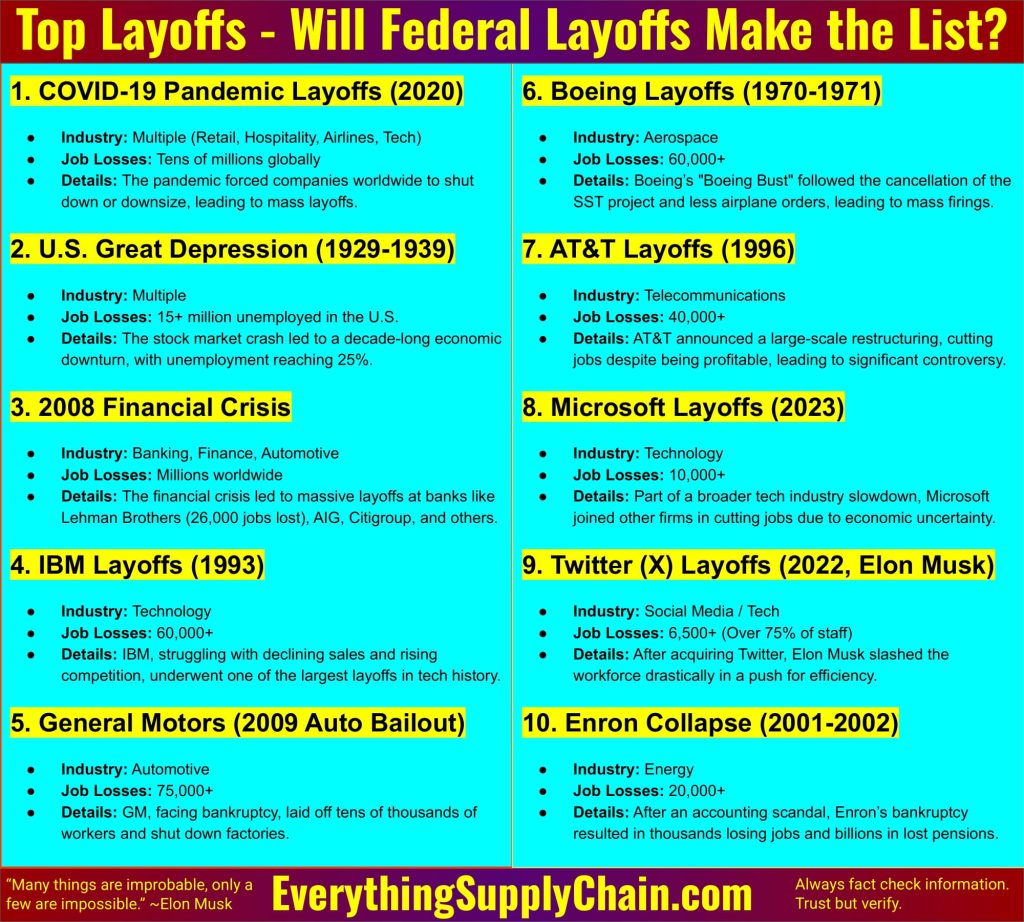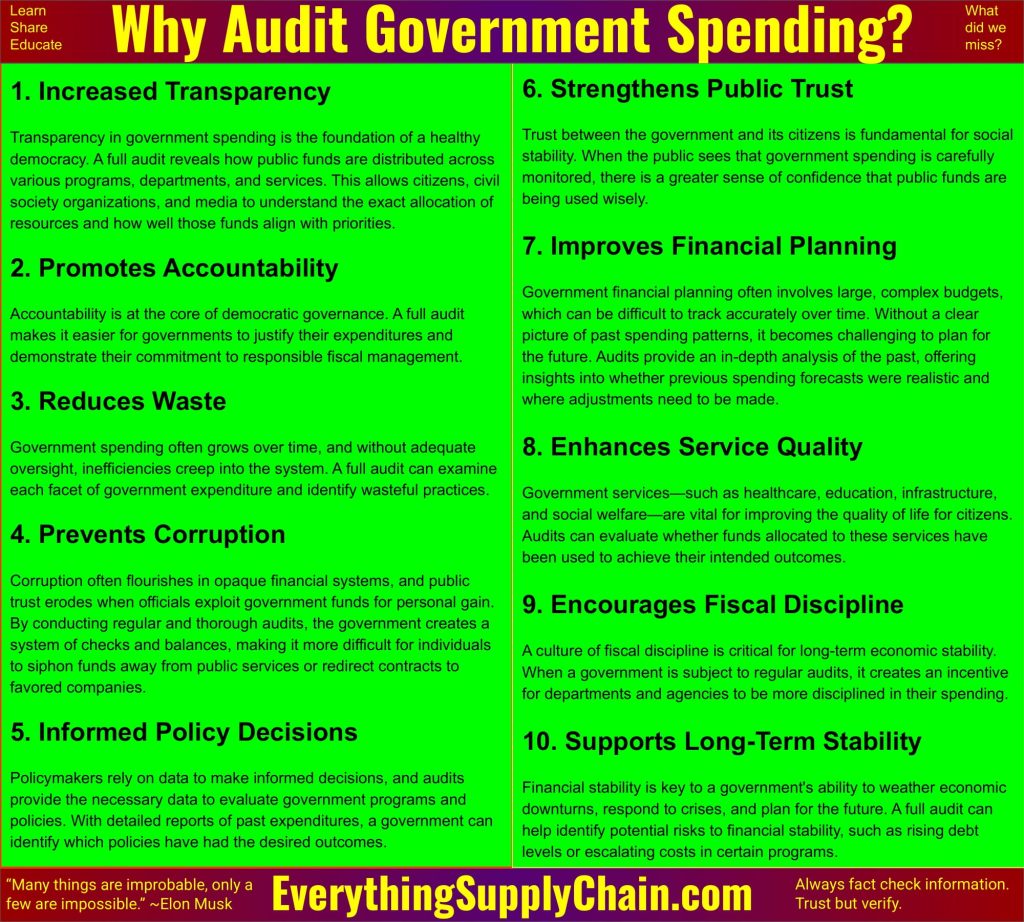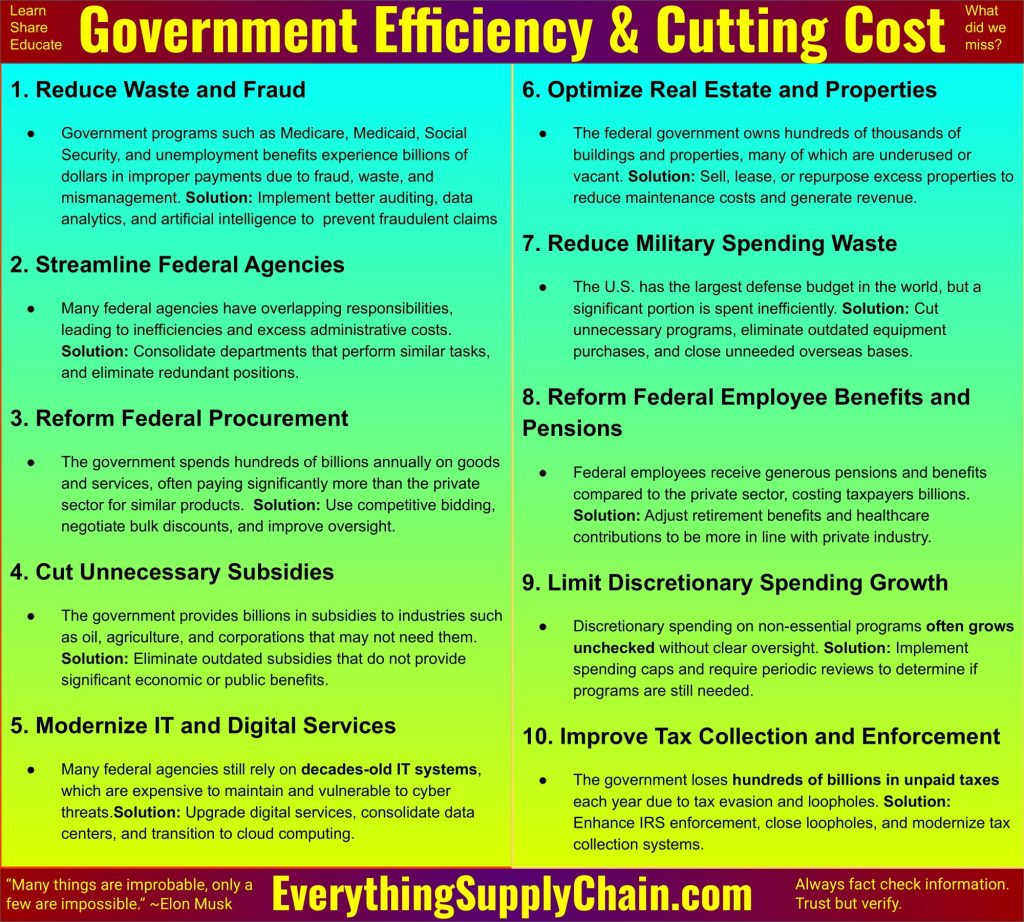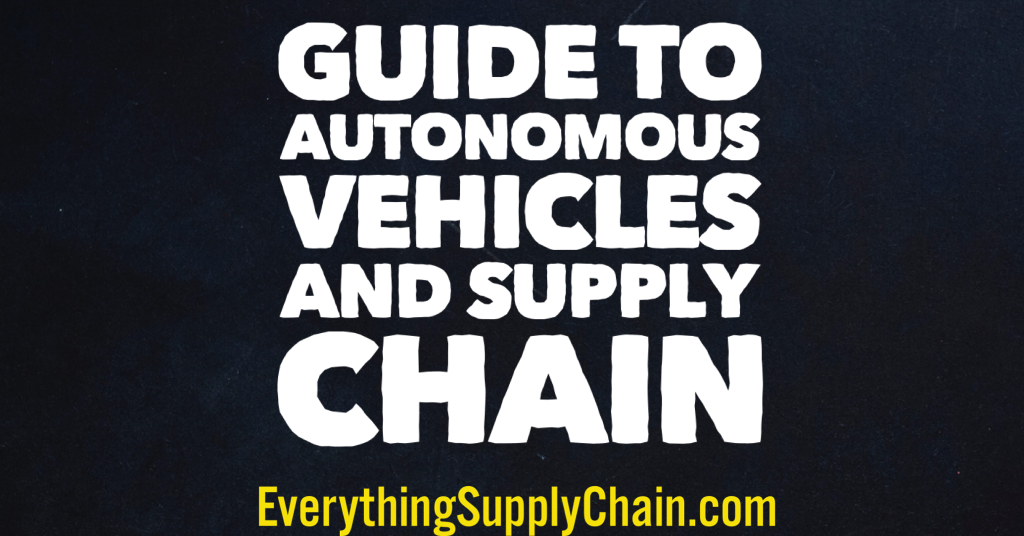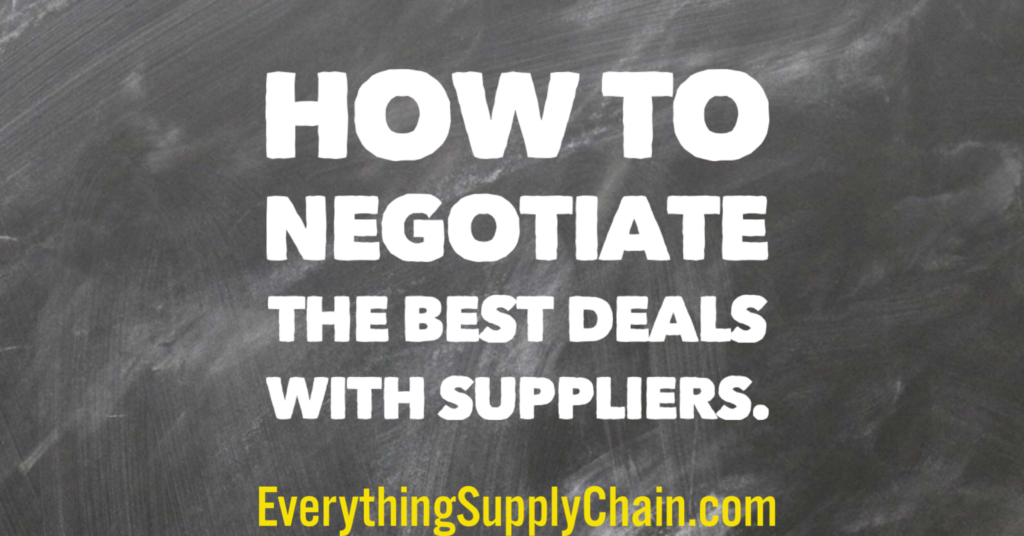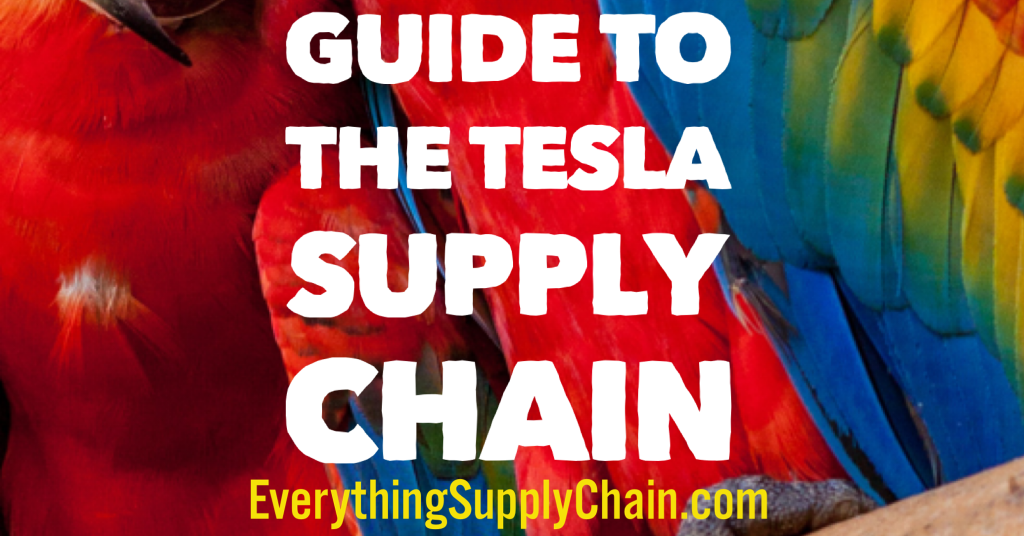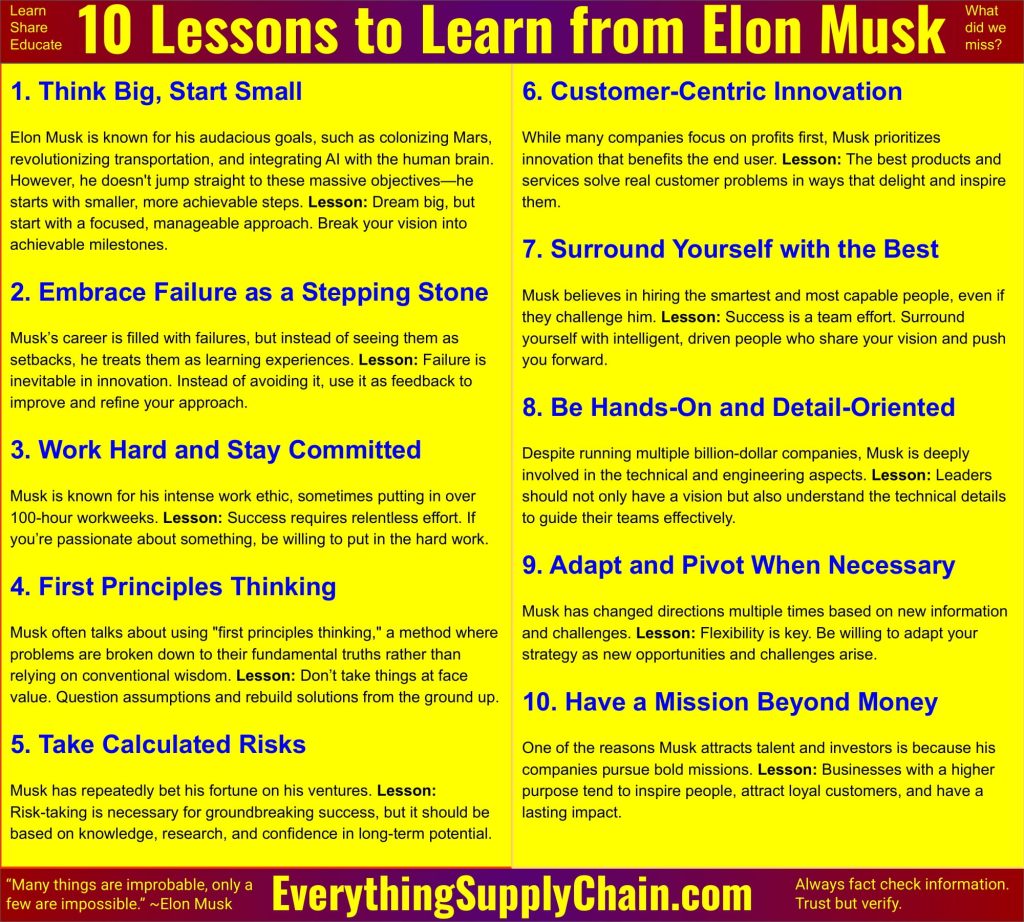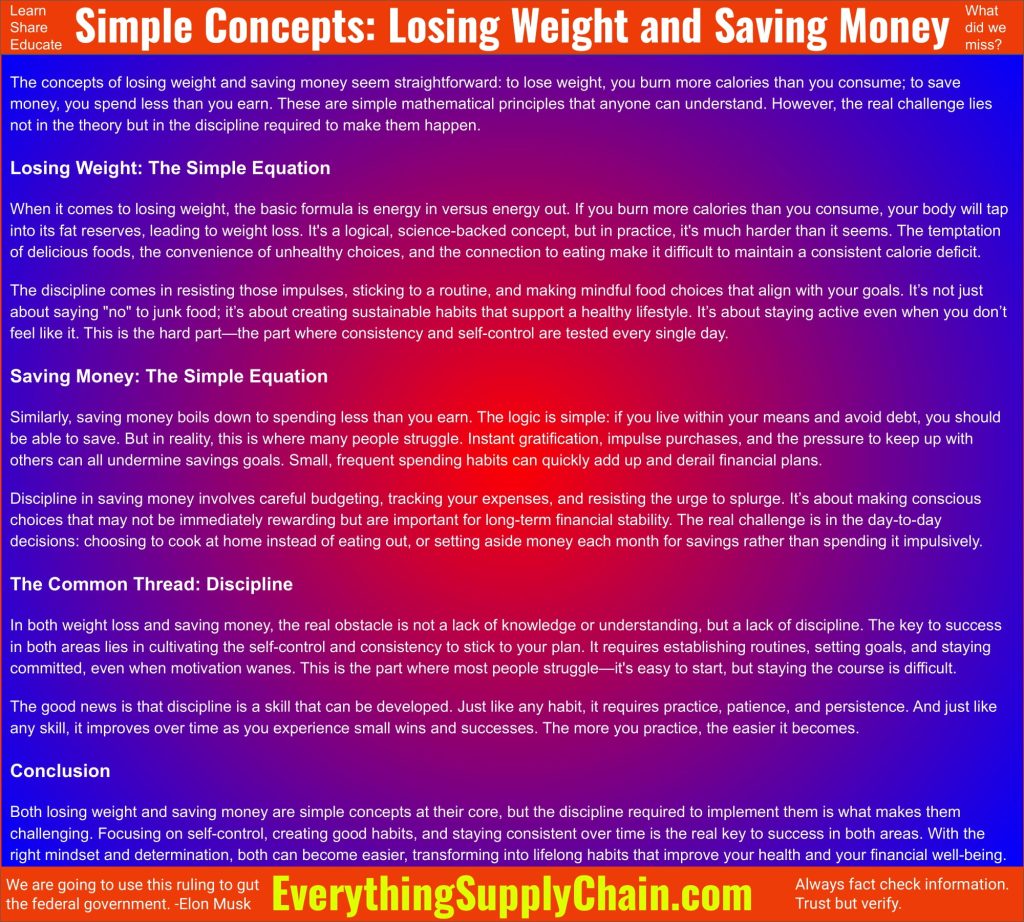Are Trump’s Tariffs a Negotiation Strategy?
Tariffs can be used as a powerful negotiation strategy in international trade, where governments impose taxes on imports or exports to influence economic outcomes and gain leverage in discussions with other countries. Here are a few ways tariffs can function as a negotiation tool:
1. Leverage for Concessions
- Increasing Tariffs to Pressure: A country can threaten or impose higher tariffs on another country’s goods to create economic pressure. This forces the other country to negotiate and offer favorable trade terms in order to reduce or remove the tariffs.
- Example: A country may use tariffs to get a trading partner to agree to lower its own tariffs, open new markets, or agree to better intellectual property protections.
2. Signaling Intentions
- Demonstrating Commitment: By implementing or threatening tariffs, a government can signal to the other side that it is serious about protecting its domestic industries or pursuing its interests. This can prompt the other country to take negotiations seriously.
- Example: A country might raise tariffs on a product to demonstrate its commitment to protecting a specific industry, which can make the opposing country more willing to negotiate.
3. Retaliation
- Tit-for-Tat Strategy: Tariffs can be imposed as a retaliatory measure against another country’s actions. This can prompt the country to back down or revise its policies to avoid escalating trade tensions further.
- Example: If one country imposes tariffs on another’s products, the targeted country may retaliate with similar tariffs, and both may enter into negotiations to reduce the tariffs in exchange for other trade concessions.
4. Negotiating the Removal of Tariffs
- Phased Tariff Reductions: In trade negotiations, countries can agree to reduce tariffs over time, creating a mutually beneficial trade deal. The reduction of tariffs might be linked to the implementation of specific trade reforms or agreements.
- Example: A country may agree to remove tariffs on certain goods if the trading partner agrees to meet certain standards or opens its markets to more foreign investments.
Are Trump’s tariff threats just a negotiation tactic?
5. Setting the Stage for Trade Deals
- Opening Negotiations: Tariffs can be used to open negotiations or set a framework for future agreements. Countries may start by imposing tariffs as a bargaining tool but then negotiate more favorable terms for both sides once the negotiations begin in earnest.
- Example: A government might impose tariffs on a range of goods to set the stage for broader trade talks, using them as an opening tactic to address a variety of issues.
6. Protection of Domestic Industries
- Defending Sensitive Sectors: Tariffs can protect vulnerable or strategically important sectors (like agriculture, technology, or national security-related industries) from foreign competition. In trade negotiations, a country may leverage these protective tariffs to secure protections for its key industries or gain trade access in other areas.
- Example: A country might impose tariffs on steel imports to protect its domestic steel industry, and then use that as leverage to negotiate better terms on unrelated sectors like agriculture or services.
7. Economic Strategy to Influence Outcomes
- Impact on Trade Balance: Tariffs can also be part of a broader economic strategy, such as improving the trade balance by encouraging domestic production and reducing reliance on imports. In negotiations, tariffs might be used to balance trade deficits or adjust the flow of imports and exports.
- Example: A country facing a large trade deficit may use tariffs to reduce imports, pressuring the other country to agree to a trade deal that addresses the imbalance.
Conclusion
Using tariffs as a negotiation tactic can be highly effective when it is strategically timed and paired with clear objectives. While they can create economic pressure and open the door for better terms, they can also escalate trade conflicts if not handled carefully. Negotiating with tariffs requires a careful balance between leveraging them as a tool and avoiding damaging trade wars.
‘ALREADY WORKING’: Trump’s tariff negotiating tactic making world leaders ‘nervous’
Tariff Quotes
- “If we get tariffs, we will pass those tariff costs back to the consumer,” ~Philip Daniele, CEO of AutoZone.
- “The benefits of a tariff are visible. Union workers can see they are “protected”. The harm which a tariff does is invisible. It’s spread widely. There are people that don’t have jobs because of tariffs but they don’t know it.” ~Milton Friedman
- “The higher the tariff, the more likely it is that the company will come into the United States, and build a factory in the United States so it doesn’t have to pay the tariff.” ~Donald Trump
- “We try to prevent the creation of artificial rents. Rather than setting up quotas to stop imports we levy a tariff, that would be better. Or we pay wages in the public sector which are roughly equivalent to the productivity in the private sector and we don’t therefore make it a special benefit to get a bureaucratic position.” ~James M. Buchanan
- “We are going to have 10% to 20% tariffs on foreign countries that have been ripping us off for years, we are gonna charge them 10% to 20% to come in and take advantage of our country because that is what they have been doing.” ~Donald Trump
- “You see these empty, old, beautiful steel mills and factories that are empty and falling down. We’re going to bring the companies back. We’re going to lower taxes for companies that are going to make their products in the USA. And we’re going to protect those companies with strong tariffs.” ~Donald Trump
- “I feel pretty confident saying [tariffs] are a price-raising policy. The question is just the magnitude.” ~Mike Pugliese
- “As we learned after President Herbert Hoover signed the Smoot-Hawley tariff at the outset of the Great Depression, vibrant international trade is a key component to economic recovery; hindering trade is a recipe for disaster.” ~Asa Hutchinson
- “Every businessman is in favor of freedom for everybody else, but when it comes to himself that’s a different question. He’s always the special case. He ought to get special privileges from the government, a tariff, this, that and the other thing.” ~Milton Friedman
- “It’s so hard to get our goods into China. And when we do get in they charge us a huge surtax. They call it a surtax or a tariff. I call it a tax.” ~Donald Trump
Supply Chain Resources
- End To End SCM Process
- Guide to Supply Chain Management.
- Inflation Quotes by Top Minds.
- Recession Quotes by Top Minds.
- SCM Resources by Topic & Supplier.
- Why The American Dream Became Unaffordable For The Middle Class.
- Your Guide to the Amazon Supply Chain.
